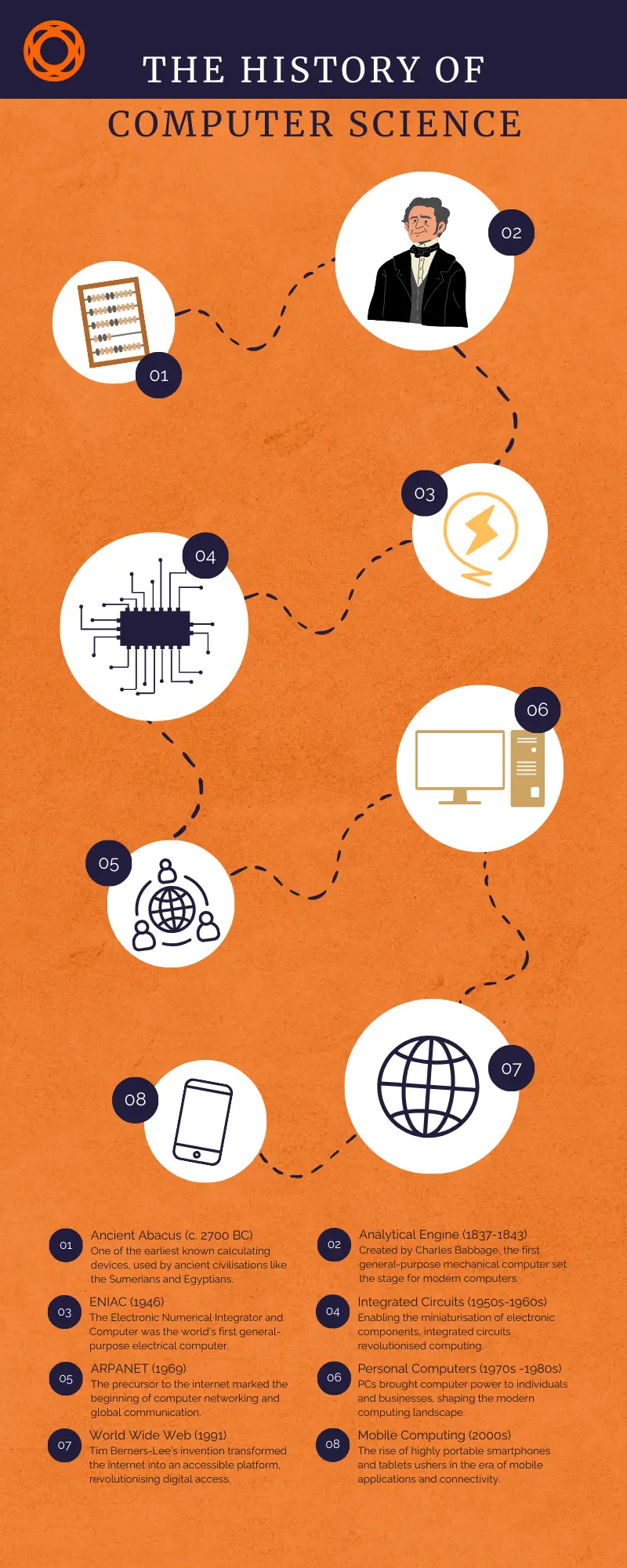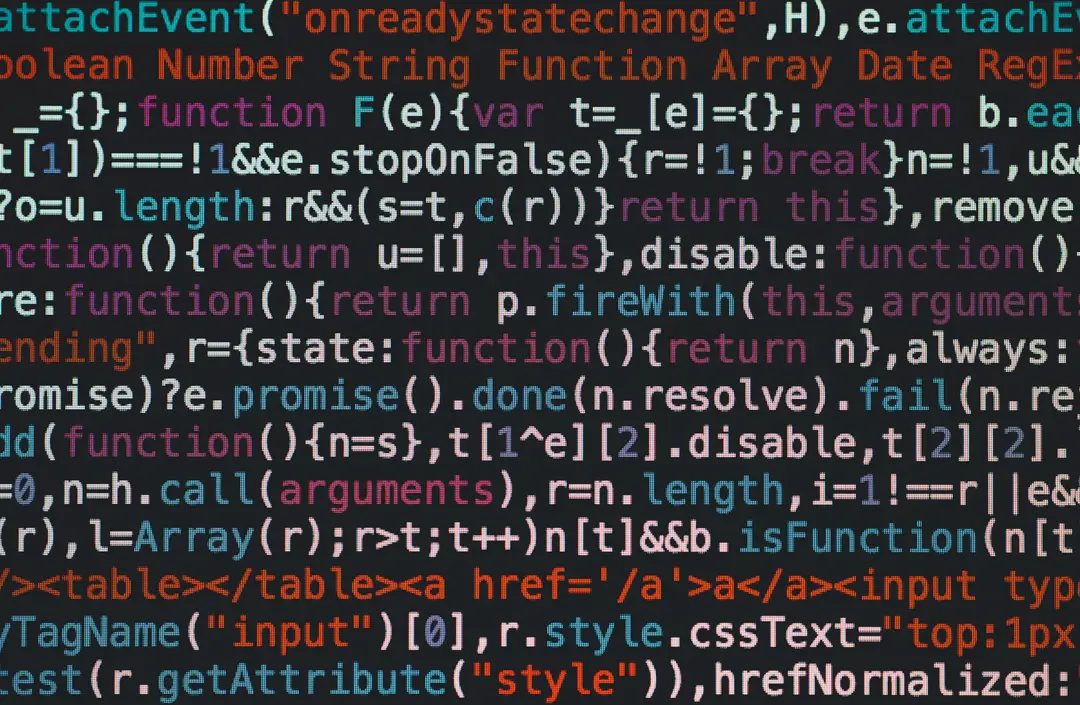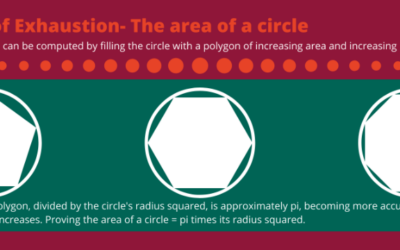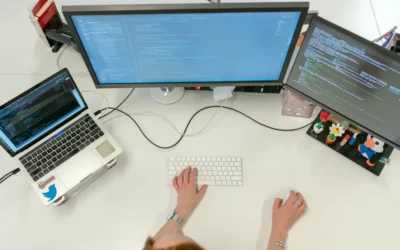In the midst of the digital age, artificial intelligence and computer science are more significant than ever before.
One common misconception is that these terms are interchangeable, but they actually refer to two very different things! Read on to find out exactly what each one is, and why they’re important.
What Is Computer Science?
Computer science is the study of computers, all of the elements within them, and all of the elements relating to them. It covers a variety of applied and theoretical disciplines.
What is applied computer science?
Applied computer science is the practical application of principles, methods and techniques to solve real-world problems. Its focus is to address a variety of challenges across different industries.
Some applied disciplines include:
Software engineering: designing, building, testing and maintaining software systems
Computer programming: writing code to instruct computers to perform tasks
Data science: collecting, cleaning, analysing and interpreting data to make decisions
Artificial intelligence: creating systems that can mimic human intelligence
Cybersecurity: protecting computer systems from unauthorised access and attacks
What is theoretical computer science?
Theoretical computer science works with the abstract and mathematical aspects of computation. It focuses on the principles and limitations, rather than the practical applications.
Some theoretical disciplines include:
Algorithms: creating efficient and optimal algorithms to solve computational problems
Automata theory: studying abstract machines and their abilities
Theory of computation: exploring the fundamental limits and capabilities of computation
Databases and information retrieval: studying the theoretical aspects of database design, query optimisation and information retrieval
Programming languages theory: investigating the design and semantics of programming languages
The history of computer science
The history of computational devices can be traced all the way back to c.2700 BC, with the Ancient Abacus used in ancient civilisations like the Sumerians and Egyptians!
In the first half of the 19th century, Charles Babbage set the stage for modern computers with the creation of the first general-purpose mechanical computer. A little over a century later, the first general-purpose electronic computer was made, and PCs brought computer power to individuals shortly after.
The 1990s saw the introduction of the world wide web, revolutionising digital access and global communication, ushering in the 21st century of mobile applications and connectivity.

What Is Artificial Intelligence?
Whilst computer science is a form of study, artificial intelligence is an applied discipline within computer science.
Its focus is on enabling computers and machines to solve problems and make decisions, ultimately imitating the abilities of the human brain. Artificial intelligence allows computers to carry out tasks typically completed by humans.
Since its proposal in the 1950s, artificial intelligence has evolved to encompass a variety of components and concepts, including:
Machine learning: training algorithms to recognise patterns and make predictions from data without explicit programming
Neutral networks: working on computational models inspired by the structure and function of the human brain
Natural language processing: training computers to understand, interpret and generate human language
Robotics: creating intelligent machines capable of interacting with the physical world
Ethical and responsible AI: addressing issues relating to bias, fairness, transparency and accountability
With John McCarthy’s development of the first AI programming language in the 1960s, early AI systems focused on rule-based processes and symbolic reasoning. As computers’ capabilities expanded, AI developed the ability to learn from data.
Over the last decade, AI has become increasingly popular due to the development of large-scale neural networks such as the Generative Pre-trained Transformer (GPT) series by OpenAI – also known as ChatGPT.
How Are AI and Computer Science Similar?
Computer science and artificial intelligence can at times intertwine with one another; concepts like algorithms, data structures and programming languages are important within both.
They also work alongside each other in a mutually beneficial relationship. AI is a part of computer science, and only exists because of the exponential growth of the field. Equally, computer science is able to utilise AI to solve complex computational problems.

What’s the Difference Between AI and Computer Science?
Artificial intelligence and computer science are separated by the unique areas that each discipline explores.
Computer science is a broad field of study that encompasses a diverse range of areas: algorithms, data structures, programming languages, computer hardware, software engineering and computational theories.
Artificial intelligence is a subfield focusing on creating intelligent systems that can perform tasks requiring human intelligence.
Which Career Paths Are Available in AI?
As artificial intelligence develops and evolves, many sectors are choosing to adopt AI. It has had a transformative impact in fields such as autonomous vehicles, healthcare diagnostics and virtual assistants.
AI is becoming increasingly apparent in medical technology. In particular, AI computer programs have the potential to offer confidential 24/7 access to mental health support, leading to current discussions on the suitability of artificial intelligence in replacing professional medical treatment.
This soaring demand for artificial intelligence has opened up a variety of career trajectories within the field including machine learning engineering, AI research and robotics!
Which Career Paths Are Available in Computer Science?
Like AI, computer science is a rapidly evolving field offering a wide range of career opportunities.
A background in computer science can lead you to a career in network engineering, data analysis or software development.
Choosing a career in computer science often depends on your interests, skills and the specific area you find the most exciting. As an industry that spans far and wide, there are countless options available, so it’s a great idea to gain experience in computer science to begin exploring your individual passions!
Both artificial intelligence and computer science are exceedingly important in technological advancement and innovation, and there are a great number of opportunities to learn, develop and make a positive impact in either field!

By Jessica Mason
Jessica is currently studying a BA in English Language and Literature at the University of Oxford, and has a particular interest in Early Modern theatre. She enjoys writing articles and has lots of experience in student journalism.





